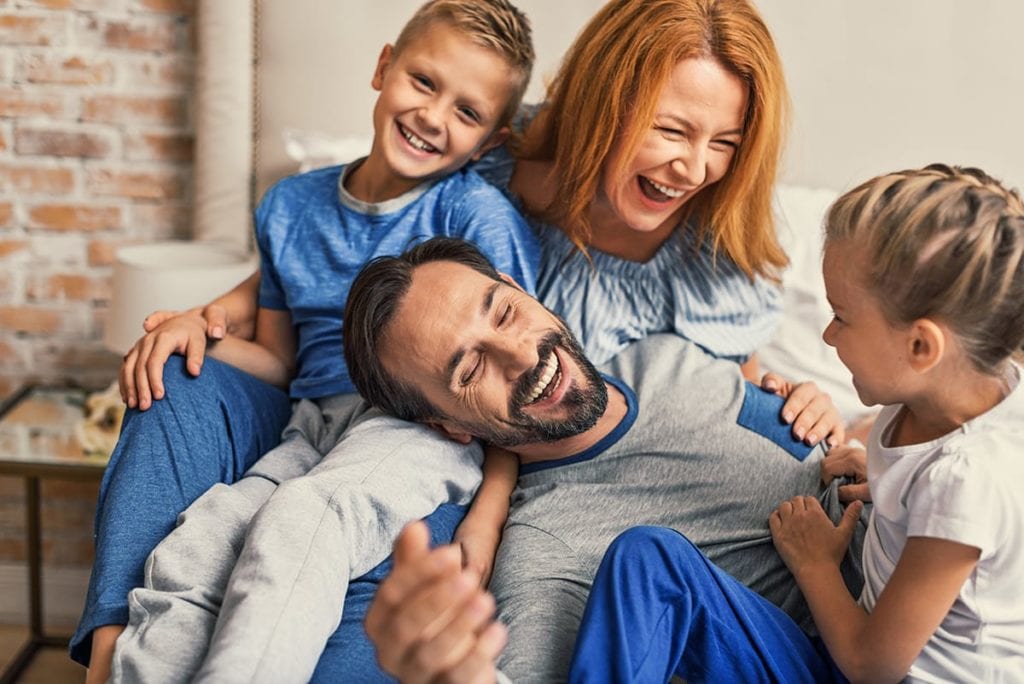Millions of Americans know how painful it is to watch a loved one struggle with alcohol or drug abuse. Research shows that more than 40% of adults in the United States have at least one addicted person in their immediate family. It is even more painful feeling powerless to help. Should you have a heart-to-heart discussion with them, or will confronting them make it worse? Should you keep helping them, or do they need to face the consequences of their addiction on their own? To get answers about how families can help an addicted loved one, call Promises Behavioral Health today.
Family Involvement Is Key
The best thing a family can do for an addicted loved one is to recognize the problem and understand that addiction is a disease that impacts a person both physically and mentally, so simply quitting or cutting back may be impossible without professional help. But what kind of help is best, how do you go about getting it, and what can you do to support the addiction recovery process? This infographic illustrates the family’s role in addiction recovery and provides a roadmap of steps they can take to help a loved one (and also themselves) before, during and after addiction treatment.
A Solid Foundation for Recovery
To support a loved one throughout recovery, it’s important to remember that addiction is a relapsing disease. Your addicted loved one will encounter many relapse triggers in external environments and also within the home or family system. For these reasons, it is important to take care of yourself and your own health, engage in family or individual therapy, and do what you can to make your home a supportive and drug-free environment. You play a critical role in helping your loved one get into recovery and stay there, and your efforts will be rewarded when your loved one can turn to you and say “Thank you for helping to save my life.”
Learn How Families Can Help an Addicted Loved One at Promises
At Promises Behavioral Health, we help families who struggle with addiction. Through our family program and several addiction treatment programs, we know we can help. We treat:
Call Promises Behavioral Health today at 844.875.5609 to learn more.

